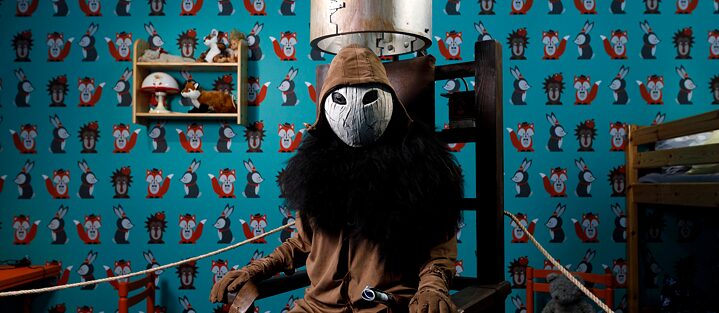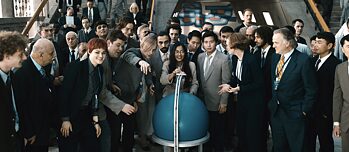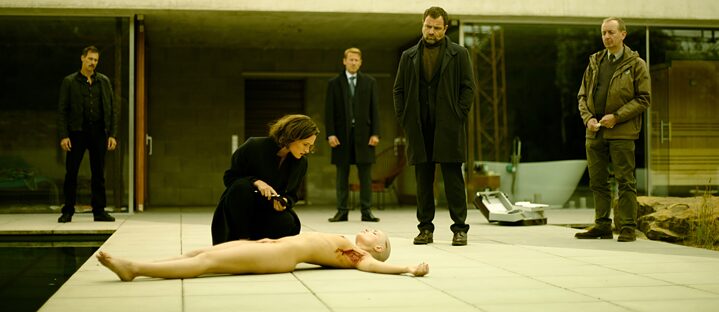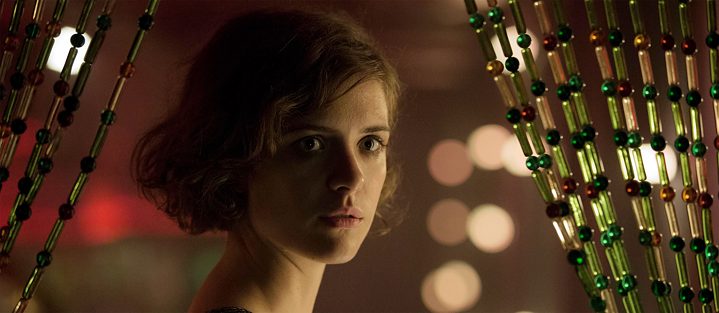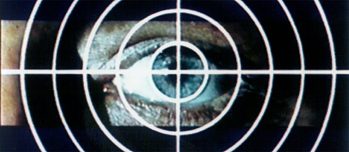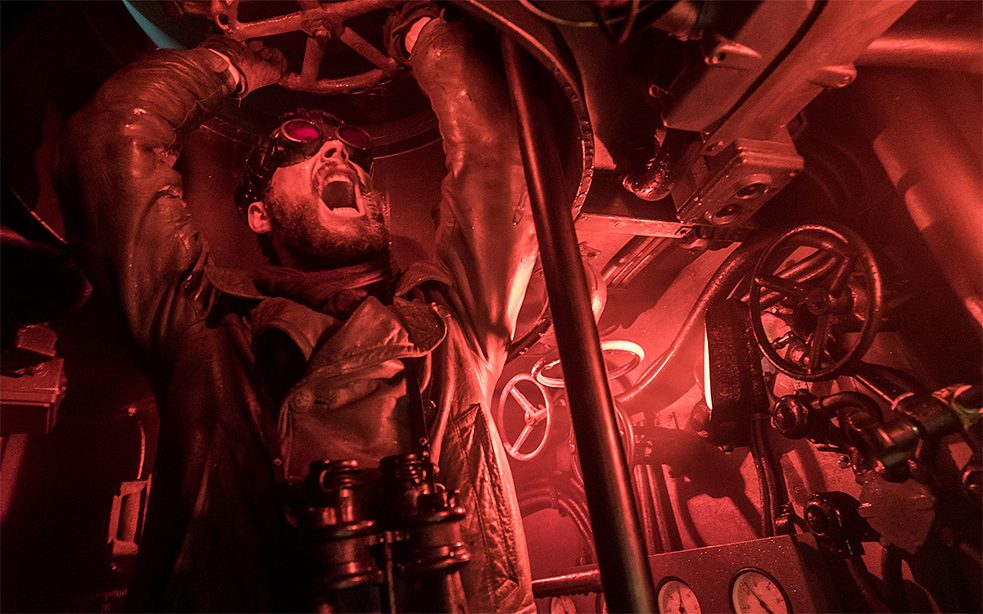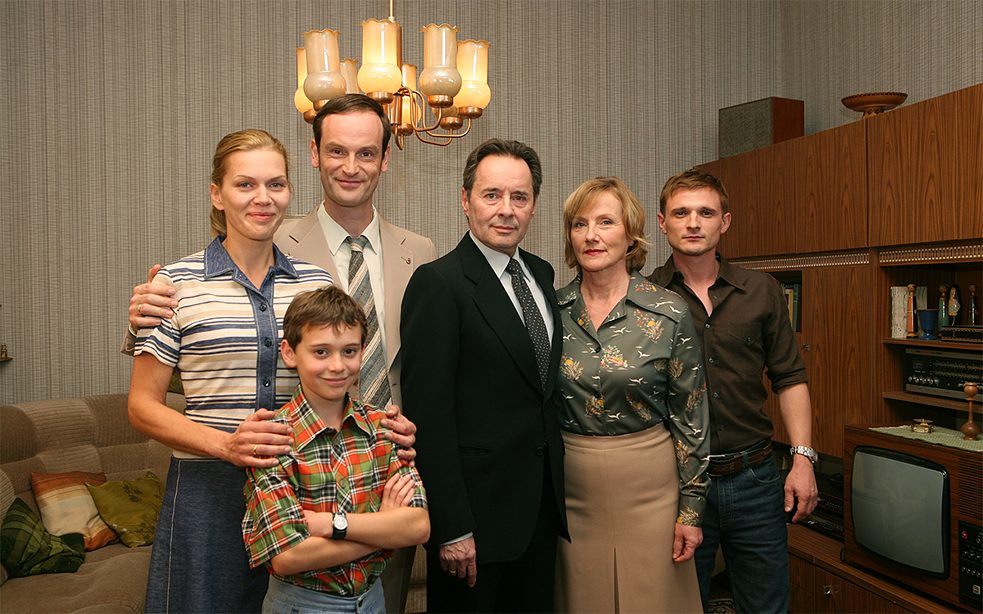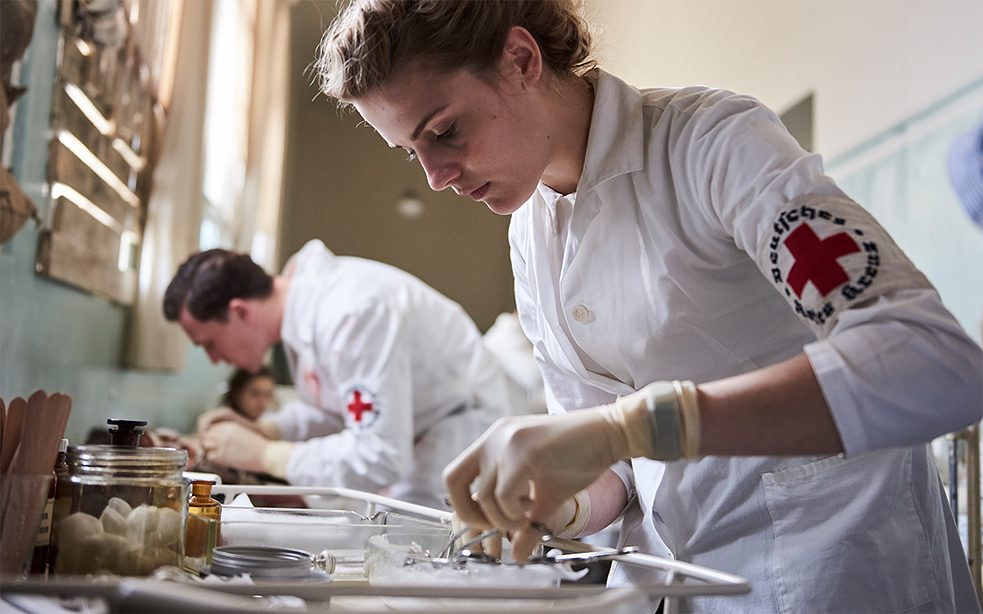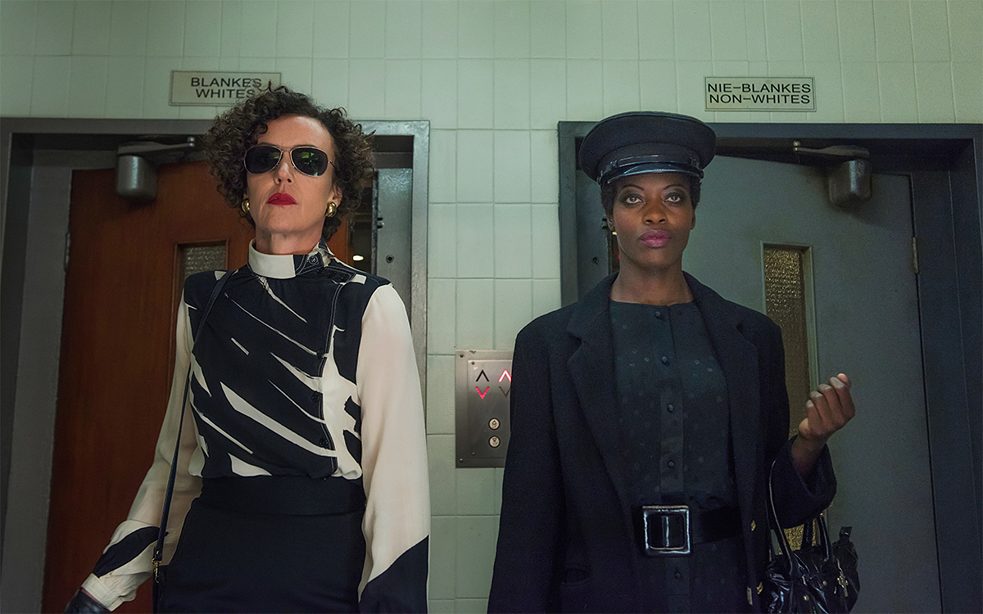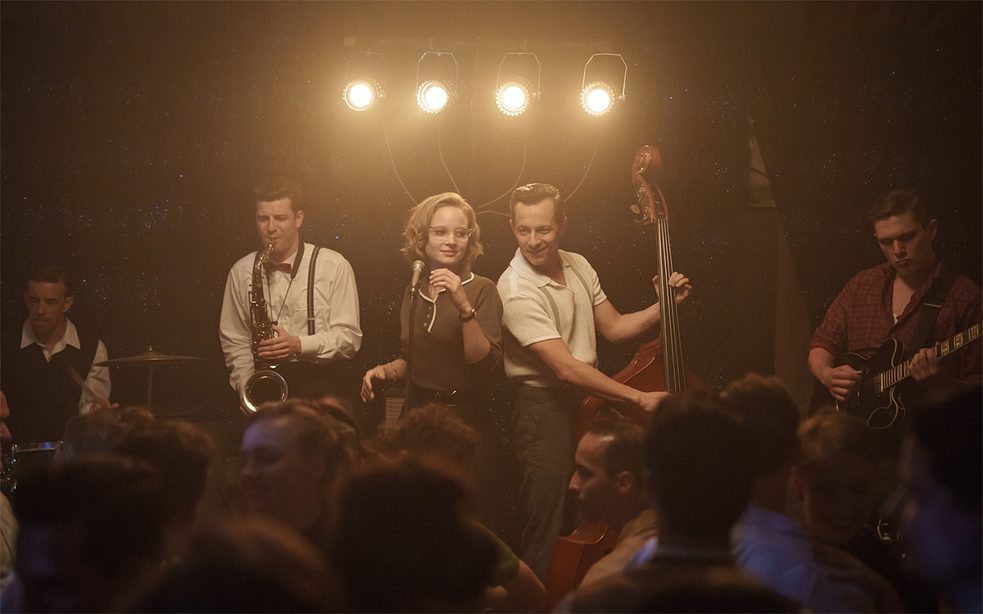This is my generation: Generation Z. Limitless technological possibilities. And what do we do with it? Face-Swap.
Moritz Zimmermann in „How To Sell Drugs Online (Fast)"
The good thing is, bad conscience and fear have one thing in common: you get used to it.
Adam Pohl (Bad Banks)
A New Genre
Streaming services such as Netflix, Amazon Video or Google allow unrestricted access to a large number of German films and television programs in subtitled versions in the Philippines.
Providers give subscribers of these services unlimited access to new movies and series that would seldom have made it into the Philippine theatrical distribution, standard cable networks or traditional commercial broadcasting networks. The internet is becoming more and more the standard method by which television is consumed.
These new distribution channels have not only changed the user behavior dramatically (linear television gives way to the “binge” behavior) but also the quality and formats of the productions created under these new parameters. International streaming services and German production companies as well as regional broadcasters have understood the sea change and are currently generating a lot of attention to German television with series that appeal to global audiences through intelligent and original writing, diverse themes, talented lineups and opulent productions. Conversely, this development means decidedly more high-quality productions developed in Germany, which, in turn, enriches the domestic market and promotes German talents.













